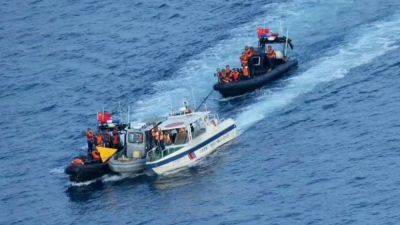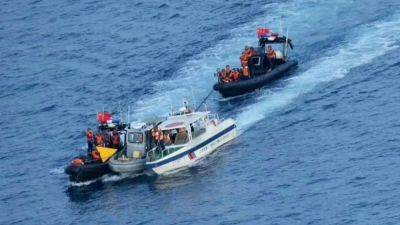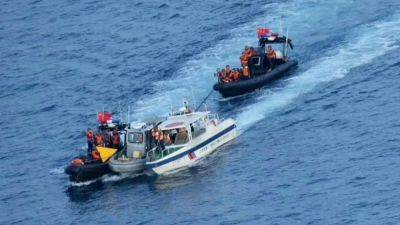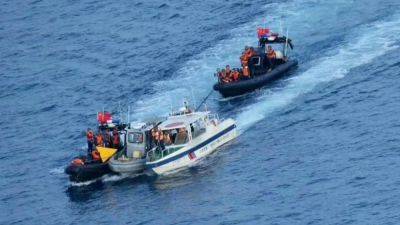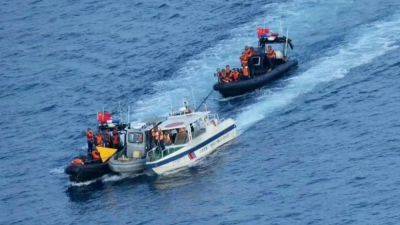Philippines faces risk of Beijing’s economic coercion amid South China Sea row: analysts
Last year, China was the biggest importer of goods into the Philippines with a total value of US$29.4 billion, according to the Philippine Statistics Authority. The Philippines exported almost US$11 billion of goods to China over the same year, indicating that the Southeast Asian country ran a trade deficit of about US$18 billion with its neighbour.
The Philippines has accused China of aggressive naval manoeuvres in the disputed waterway while Beijing has said that Manila regularly trespassed into its maritime territory.
Don McLain Gill, a geopolitical analyst and lecturer at the Department of International Studies of De La Salle University, said trade between the two countries reflected a preference by Philippine businesses for Chinese manufactured goods.
A hasty diversification away from Chinese imports amid international political uncertainties could cause the Philippines to face major socio-economic challenges in the short to medium term, according to Gill.
Calling on Manila to attract more inward investments and enhance the country’s research and development capabilities, Gill said: “It is crucial for the Philippines to slowly develop its manufacturing capabilities in select critical industries for long-term economic resilience especially since labour costs in China are also increasing.”
Edmund Tayao, a political analyst and professor at the San Beda Graduate School of Law in Manila, said China had scaled the value chain to become a manufacturing powerhouse of goods such as tech products and it was difficult for Philippine businesses to find alternative supplies.
“Considering it is the biggest and cheapest producer, countries especially like us would no doubt be inclined to source from China,” Tayao told This Week in


